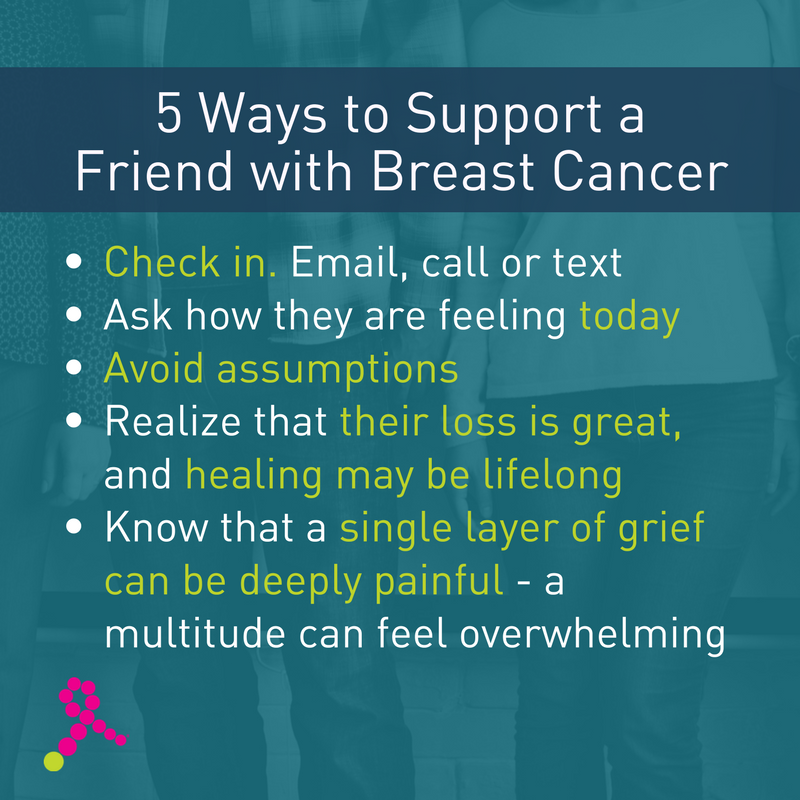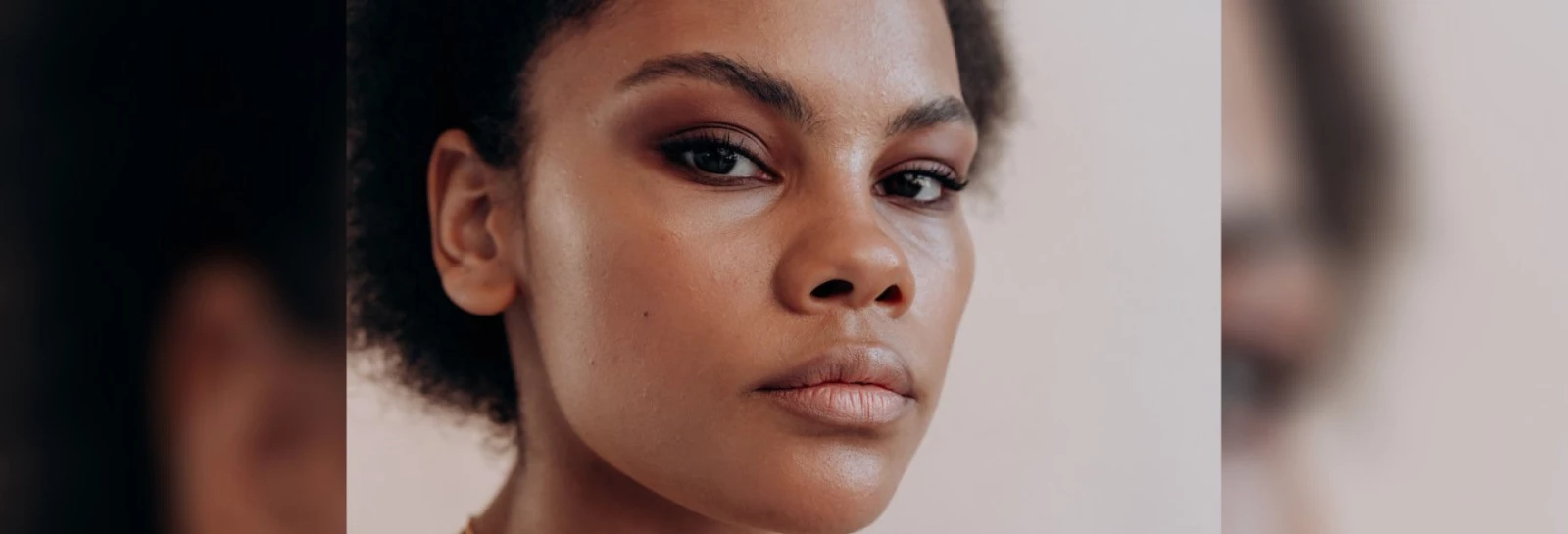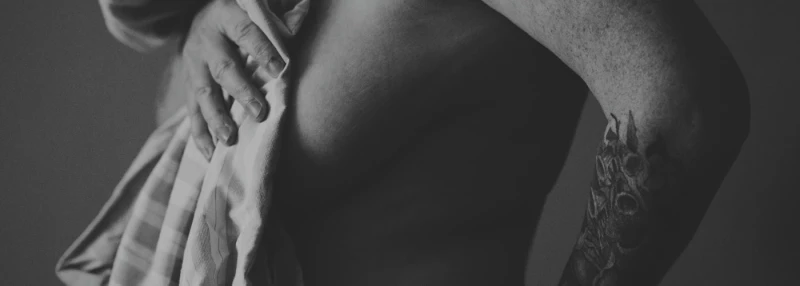Editor's Note: This post was originally published in 2017 and has been updated for accuracy and comprehensiveness.
The grief that young adults experience when faced with a breast cancer diagnosis is multifaceted. They, of course, encounter similar universal themes of grief as other cancer survivors may. Being faced with one's own mortality is one of the most common. It becomes more complicated for young adults, however, because what contributes to grief goes beyond the cancer diagnosis.
1. Feelings of Loss of Identity are Prevalent
Young adults are at a significant stage of life development. They may be considering whether or not they want to be married, what kind of partner they desire, if they envision themselves being parents, if they want to go back to school or if they want to live somewhere else. These are all normal, healthy ingredients to being a young adult.
Research tells us, “Adolescents and young adults (AYAs) diagnosed with cancer between ages 15 and 39 confront a unique set of challenges related to the interaction of cancer and its treatment with maturing biological, cognitive, emotional, and social capabilities. The timing of illness in their life course often presents distinctive challenges in terms of treatment adherence and symptom management, long-term health maintenance, impacts on relationships with family, friends, children and peers, disruption of educational and occupational plans, and challenges to social integration.” 1
“The grief that young adults experience when faced with a cancer diagnosis is multifaceted.”
2. Side Effects Can Bring a Different Layer of Mourning
Young women who are breast cancer survivors are often placed into early menopause by treatment. This can significantly impact their sexual libido and the spontaneity of sexual desire. They are experiencing a stage of life physical experience of women who are older than they are by a lot. They are provided with no guarantee that their desire will return. Add to that the question of fertility and breast cancer and whether or not they will be able to have children whether or not they have even made the decision to have a child.
Energy levels can change which can impact the typical 9 to 5 work hour schedule. This can contribute to a young woman feeling off of her game in the work force. Negotiating with HR may be required for a tailored schedule which is an unforeseen detail of dealing with long-term side effects.
3. Grief Can Appear at Any Time
When a young adult is dealing with a cancer diagnosis, they often want to do everything they can to fight and live well. It's not uncommon for treatment to start immediately, and that can contribute to feeling like being thrown into a tornado.
Eventually, there is a time when treatments slow, doctor appointments lessen, and young adults have the chance to bring their heads up for air. This is often when grief (in any of these ways described) can and often does surface. Signs and symptoms of PTSD after breast cancer is not uncommon.
“Realize that their loss is multi-layered and great and that healing from that maybe lifelong.”
4. “Looking Fine” and Being Okay are Two Different Things
Another hard part is that it may be that to others the young adult looks "fine." When friends and family and unknowingly lose sight of the fact that healing is taking place. Just because someone does not “look sick” does not mean that he or she is not hurting both physically and emotionally.
While calling it an existential crisis may sound like a dramatic statement, there is truth in it. These different layers of grief make it complicated, and when friends and family assume that "you're all done with that," it can be even more isolating.
What Can You Do?
So what can friends and family do to support a young survivor they love? Check In. Ask how that person is feeling today. Avoid assumptions. Realize that their loss is multi-layered and great and that healing from that may be lifelong. Any one of these layers of grief would be deeply painful. A multitude of them can feel overwhelming and takes time.

Are you in need of support? Find out how to connect with other survivors.
1 (Zebrack B, Kent EE, Keegan TH, Kato I. “Cancer sucks,” and other ponderings by adolescent and young adult cancer survivors. J Psychosoc Oncol. 2014; 32(1):1-15.; Mosher CE, Danoff-Burg S. A review of age differences in psychological adjustment to breast cancer. J Psychosoc Oncol. 2006; 23: 101-114; Adams E, McCann L, Armes J, et al. The experiences, needs and concerns of younger women with breast cancer: A meta-ethnography. Psychooncology. 2010; 20: 851-861)#.




